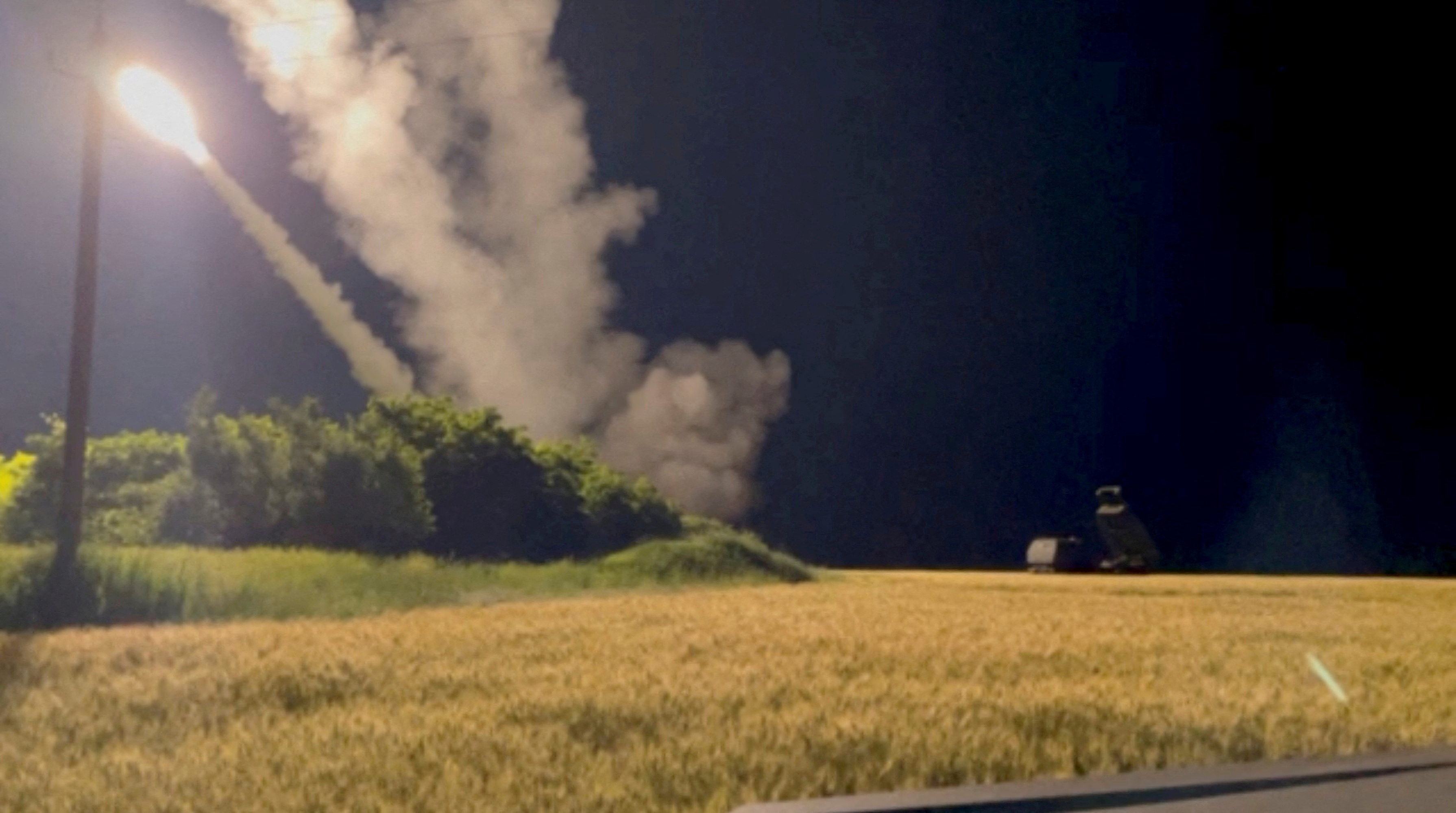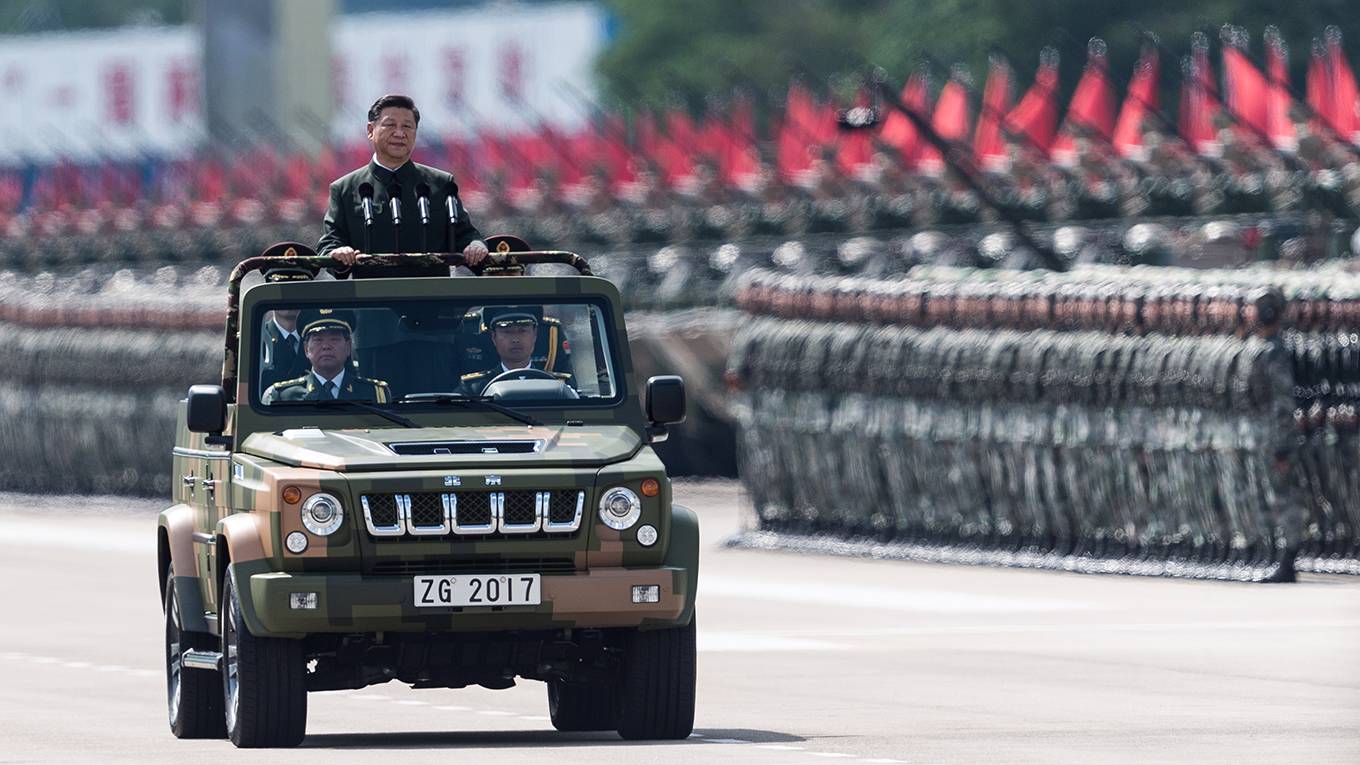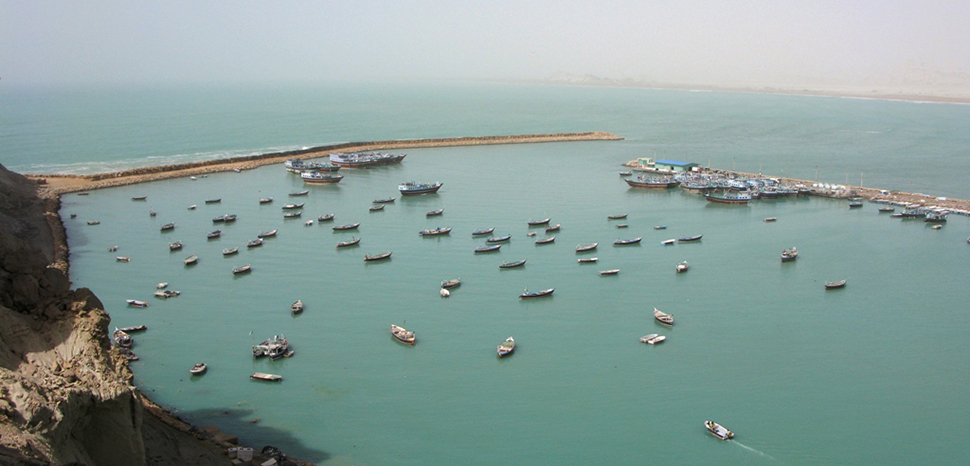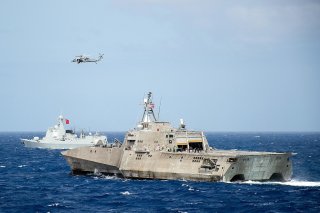Charles A. Kupchan
In The Four Ages of American Foreign Policy: Weak Power, Great Power, Superpower, Hyperpower, Michael Mandelbaum traces the long arc of U.S. statecraft from the country’s founding through the presidency of Barack Obama. Drawing on his keen understanding of both the sources of U.S. foreign policy and the inescapable dynamics of international power competition, Mandelbaum weaves a compelling, paced, and colorful narrative. The book has remarkable reach and scope—covering more than two centuries of U.S. foreign policy in an insightful, synthetic, and jargon-free way.
Building on a distinguished career as one of the foremost scholars of U.S. statecraft, Mandelbaum chronicles the main geopolitical events in the nation’s history, describes the role played by the relevant political leaders and diplomats, and unpacks the domestic and international environments in which decision-makers were operating at the time.
The author—a professor emeritus of U.S. foreign policy at Johns Hopkins University’s School of Advanced International Studies—digresses as needed to explain pivotal developments and elucidate why and how U.S. leaders made the choices they did. Throughout, Mandelbaum’s elegant prose manages to keep the historical narrative accessible and to the point. For example, his discussion of the competing political impulses of the country’s founding era is concise yet enlightening: The Jeffersonians, who envisioned the United States as an agrarian society that would steer clear of “entangling alliances,” took on the Hamiltonians, who urged economic modernization and the accretion of national power.







:quality(70)/cloudfront-us-east-1.images.arcpublishing.com/mco/TGENKYFO4FBPXH6OTDNN2R5SPE.jpg)













